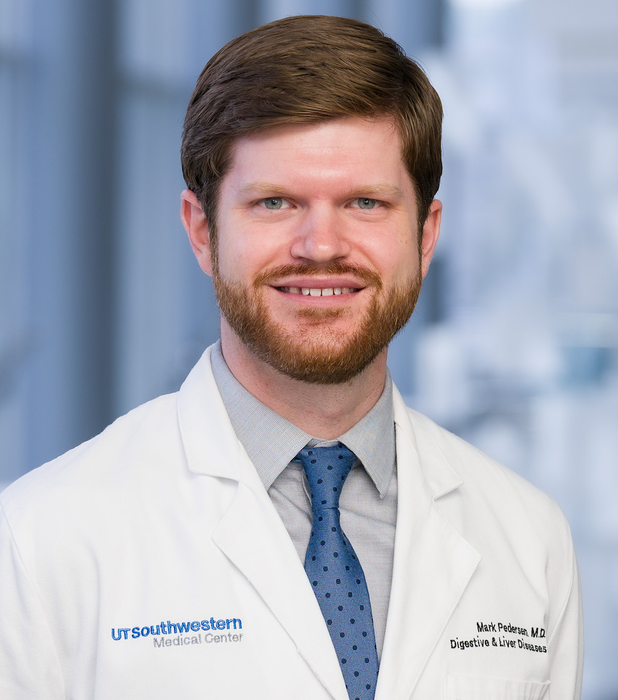A multicenter study performed by a large international consortium that includes UT Southwestern has outlined a set of risk factors and outcomes for patients with autoimmune hepatitis (AIH) that recurs after liver transplantation. The findings, published in the Journal of Hepatology, represent a first step toward better managing and potentially preventing this uncommon condition.

Credit: UT Southwestern Medical Center
A multicenter study performed by a large international consortium that includes UT Southwestern has outlined a set of risk factors and outcomes for patients with autoimmune hepatitis (AIH) that recurs after liver transplantation. The findings, published in the Journal of Hepatology, represent a first step toward better managing and potentially preventing this uncommon condition.
“Autoimmune hepatitis is a very rare disorder of the liver, and liver transplant is a rare surgical procedure, with only 9,236 performed in the United States in 2021. Only a small fraction of liver transplants are performed for autoimmune hepatitis, so it’s difficult to make any observations about risk or outcomes at a single medical center because the number of patients seen there will be so small,” said study author Mark Pedersen, M.D., Assistant Professor of Internal Medicine in the Division of Digestive and Liver Diseases at UT Southwestern, who contributed data from UTSW patients to the study with colleague Marlyn Mayo, M.D., Professor of Internal Medicine in the Division of Digestive and Liver Diseases. “That’s why the International Autoimmune Hepatitis Group exists, to pull together information on large numbers of patients.”
Each year, about 1-2 people out of every 100,000 worldwide are diagnosed with AIH, according to the National Organization for Rare Disorders. This disease is characterized by an autoimmune response against healthy liver cells, causing cirrhosis, liver failure, and even death. A fraction of AIH patients receive liver transplants to treat advanced disease, and AIH recurs in a portion of these individuals. But little is known about these patients, Dr. Pedersen said, including what factors might increase the chance of recurrence or how they fare after their disease recurs.
To find answers, the consortium pulled together data on 736 AIH patients from 33 medical centers in North and South America, Asia, and Europe who underwent liver transplants between 1987 and 2020 to treat their disease. AIH recurred in 147 of these patients after transplant.
The study’s findings revealed a variety of risk factors that increased the chances of AIH recurrence, including being younger than 42 when receiving a transplant, use of the immunosuppressant drug mycophenolate mofetil after transplant, organ donor and recipient sex mismatch (when the donor was a woman and the recipient was a man, or vice versa), and an increased amount of the serum immunoglobulin IgG present before transplant.
The researchers also found that recurrent AIH affected survival: while 93% of the patients without recurrent AIH survived at least five years after transplant, only 81% of patients who developed this condition did.
Overall, the study authors said the findings can help physicians counsel AIH patients on what to expect after liver transplant, identify those at elevated risk of developing recurrent disease, and better tailor post-transplant care for patients transplanted for AIH.
About UT Southwestern Medical Center
UT Southwestern, one of the nation’s premier academic medical centers, integrates pioneering biomedical research with exceptional clinical care and education. The institution’s faculty has received six Nobel Prizes, and includes 26 members of the National Academy of Sciences, 17 members of the National Academy of Medicine, and 14 Howard Hughes Medical Institute Investigators. The full-time faculty of more than 2,900 is responsible for groundbreaking medical advances and is committed to translating science-driven research quickly to new clinical treatments. UT Southwestern physicians provide care in more than 80 specialties to more than 100,000 hospitalized patients, more than 360,000 emergency room cases, and oversee nearly 4 million outpatient visits a year.
Journal
Journal of Hepatology




